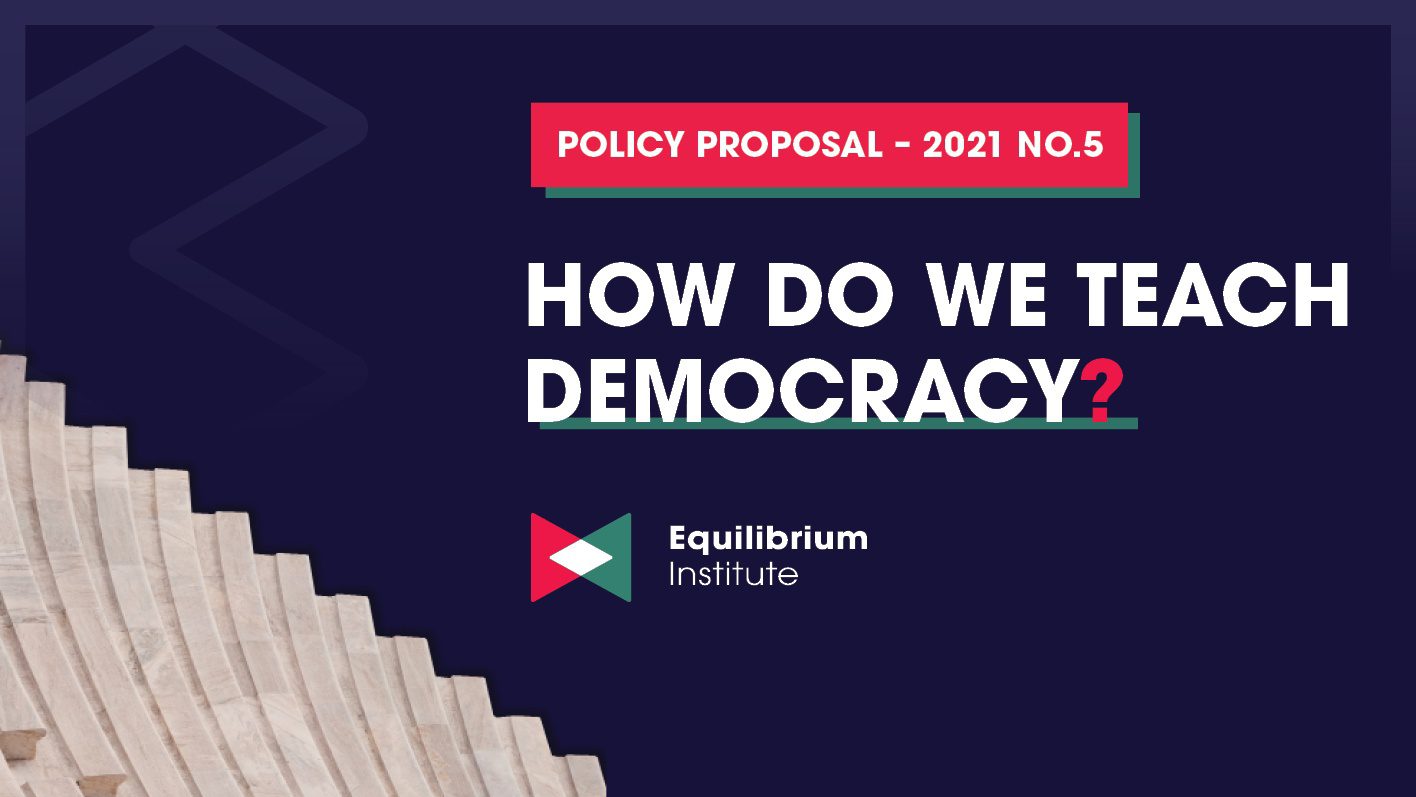For democracy to work reliably and for voters to effectively assert their interests, a set of specific norms, behavioural patterns, attitudes and skills need to prevail in society. It is up to the education system to convey the relevant skills, knowledge and norms to the general public.
There are at least five broad problems that apply in the context of the prevailing model of civic education/education for democracy in Hungary: the low number of class hours; the lack of the relevant qualifications, skills and preparation on the part of many teachers; the absence of methodological preparedness; the frontal character of elementary and secondary education; as well as the hierarchic and authoritarian operation of schools.
To reform civic education, we must first define the output we expect public education to provide, in other words we must specify what our ideal of a “good citizen” is. As the output goal, we need to define a vision of the democratic individual, which includes the following characteristics/elements:
- an ability of civic autonomy/selfgovernance;
- the ability to form nuanced judgments;
- a self-confident use of rational reasoning and a culture of engaging in democratic debate;
- intellectual curiosity and openness to the world;
- empathy and social skills;
- a sense of civic responsibility and the ability to follow social norms;
- the ability to cooperate.
You can view the full policy proposals for reforming civic education in the following link:
https://egyensulyintezet.hu/wp-content/uploads/2022/04/ei_demneveles_javaslat_ENG_WEB.pdf


